Summer is upon us once again, concluding another school year, but as we are all well aware a school year like no other. COVID-19 has affected our lives in many ways not least our children’s education. Help your children bridge the gap this summer and prevent summer learning loss.Scholar’s Choice offers ideas, solutions, resources, and products to help prepare and ease children into the next school year.
As parents, grandparents, and caregivers there is always the thought on our minds as to how much our children should be learning and how much non-academic time they should be having over the summer. A full summer of non-academic work can cause students at any grade level to lose 2-3 months of academic skill. However, just because children should be continually learning, it does not mean that children cannot have fun and learn at the same time. A careful balance between the two will result in a great summer and will help strengthen children’s academic skills for the next academic year.
Seize the play
When we talk about learning over the summer, we do not mean long hours each day and children not having free time. As little as an hour a day can prevent summer learning loss and these ideas will nurture your child’s curiosity and will have them asking to learn more! Children love to play, so there is no better opportunity for a child to learn and develop than when they are already having fun.
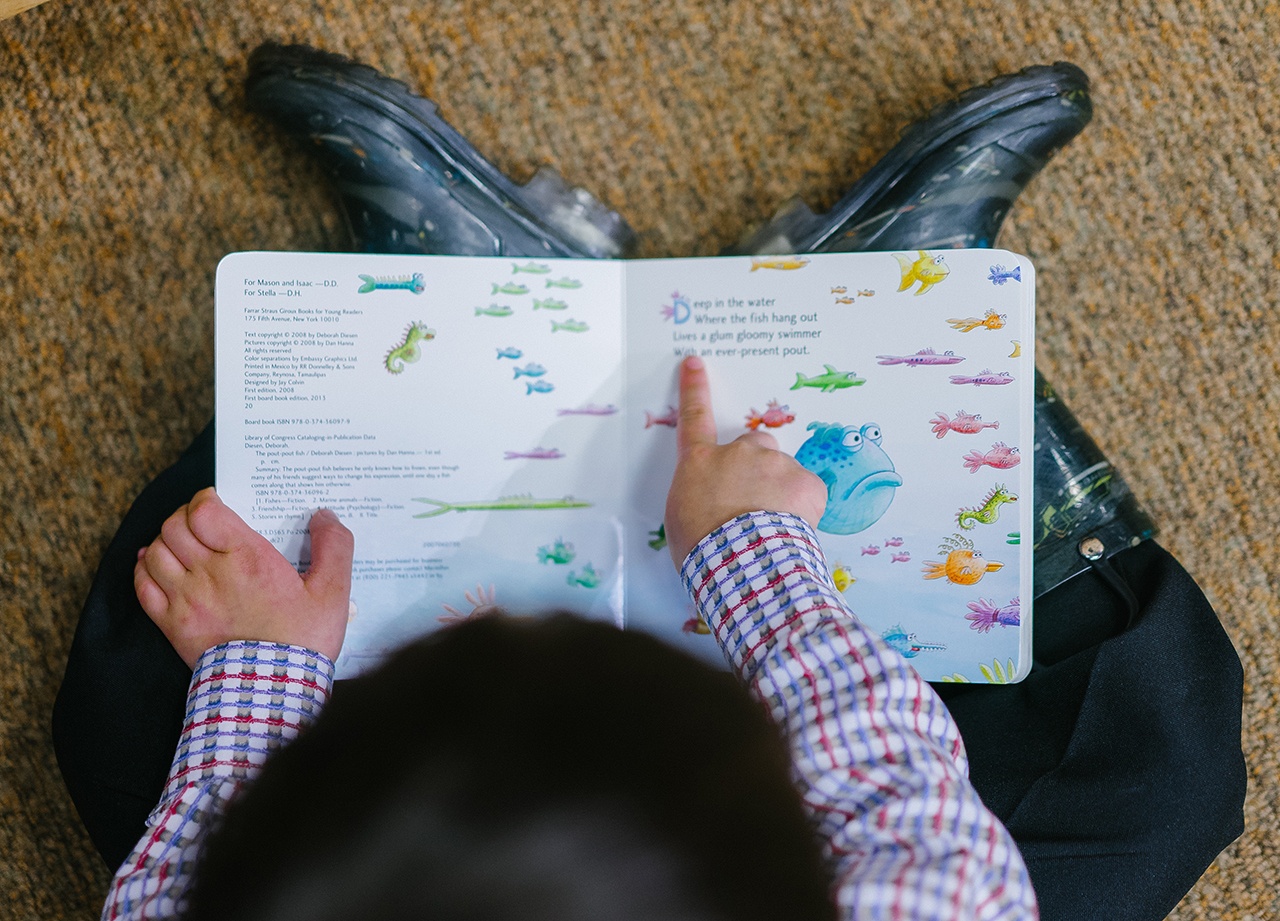
Reading is a fundamental part of any child’s learning and this stems across almost every part of a person’s life. It is also an extremely fun hobby to have but getting children into reading can be difficult, especially with so many distractions such as computer games, televisions, and mobile phones. So, the million-dollar question is how to get children interested in reading?
Firstly, reacquaint your own love with reading, if you have stopped yourself, it is hard to encourage children to read. Pick up a good book and get back into it. Encourage children by reading with them, read aloud, and take turns reading, help them with any difficulties they have and answer any questions. Language directed at the child in person is much more beneficial than if they hear the television or even an audiobook.
Create a routine for reading, this could be in the evening before bed or a certain time of the day. Introduce your old favorites into your child’s reading (if at their reading level). If you can be passionate about reading it will encourage children to read more, however, allow children to pick books that they prefer so they do not lose interest.
Pick a diverse selection of books for them to read, to understand different styles of writing, this will help them improve their own language and writing skills. Most importantly, do not make reading a chore, encourage it to be a hobby. If a child is forced to read, they are much less likely to do this by themselves. A child is never too young to start reading and is always important to prevent summer learning loss at all levels.
Children spend many hours of their time sitting in front of a computer, phone, or tablet. Why not encourage them to use this time on their screens to read. There are many other great advantages of eBooks such as price and space they take up, it is great having hundreds of books available right at your fingertips especially with the current pandemic, it means minimizing touching of an object if they can access all their books in one place
Creativity is key to brain development and creative play helps children maintain and improve Creative fundamental skill required to help prevent summer learning loss such as self-expression, focus, observation, and problem-solving. Creative play also develops physical skills such as fine motor skills and the pincer grip in young children, it also develops emotional and social benefits. Setting up provocations for children by providing them with different arts & crafts allow children to create through open-ended play. Craft kits are also a great tool to help children to follow instructions (another key skill) and teaching children about reaching an end goal.
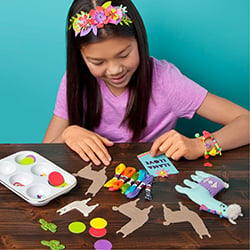
Get children outside and exploring
Part of being a child is discovering the world for yourself, investigating the planet we live on and uncovering new things. Teaching can be extended outside of the classroom and can be equally as useful towards what a child needs to know. Getting children outside not only gives them a sense of independence but opens a whole new world of learning.
Outdoor learning has the added bonus of providing health and psychological benefits. Being outdoors means children will run around and exercise, it gives them exposure to sunlight and can improve a child’s attention and working memory. Outdoor play also allows for a greater appreciation of the environment and the opportunity to teach about the importance of wildlife and nature such as ecosystems.
Ideas for learning outdoors
Sports are a great pass time for children, plus a great way to learn and develop new skills. For many, sport becomes a hobby which they continue to play until later life. Soccer, baseball, hockey, running, basketball, or any other sport gives the opportunity to grow skills such as physical skills, communication patience, and problem-solving skills. Although sports do not teach as much academic learning directly, it does teach skills that children can use in their classes for example problem solving is a key skill required for math and communication for English.
Science – Physics, chemistry, and biology can all be taught outside, it allows to add a practical element that a classroom or a home learning environment could not. It is a great opportunity to give children a hands-on chance to learn. Teach children about kinetic energy with balloon cars, discover about kinetic and potential energy by using different materials for an egg drop challenge or purchase a science kit and let children create experiments outdoors.
Teach children about nature and biology with the study of the life cycle stages of insects. Allow them to see the different stages throughout the life cycle by returning to the insects throughout the summer. Once shown the development firsthand, have your children read up about the different stages to understand what has happened and why. Use tools like a magnifying glass to take a close look but it is important not to disturb the animals as they grow so it is key not to take them home and make sure your children don’t sneak them into the house in their pocket. To give children a lasting memory that will help them remember a great summer and help them learn, purchase a model of the life cycle they saw.
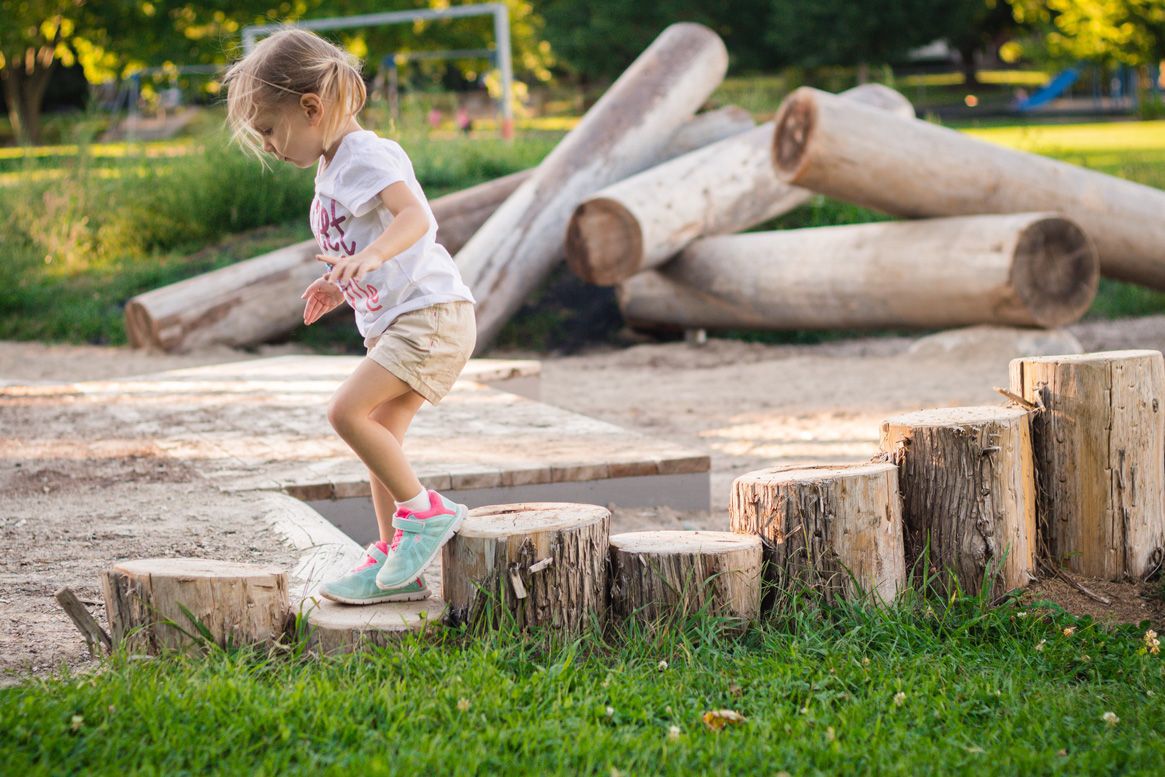
Educational Games are designed to help educate children in areas such as English and Math as they play. These types of games can also help develop crucial skills and help with self-learning and problem-solving skills. It is important to have a selection of different games to help develop these skills
Get the whole family involved
Every adult has lived a different life, had different experiences, acquired different skills and knowledge. Allowing children to learn from more than one person or collaboratively with several people, not only gives them the opportunity to learn different things but gives variation to their learning. Be sure that everyone who is involved in teaching a child understands their curriculum or know what they need to learn, so they are taught what they need to know in the right way.
Study Spaces
Sometimes children need their own space to study and read. Study areas can help improve a child’s concentration. A study area should comfortable personalised place for your child to learn with minimal distractions but also differs from anywhere else in the house. Let your child decorate their area so they feel as though it a place just for them. Discover decorations and furniture that can help make a home learning environment friendly, comfortable, and will help children learn at home.
Reducing summer learning loss is more important than ever. Learning should be fun, but having children learn from activity sheets or resource books a couple of hours a week will also help lower the learning deficit. Have prior knowledge about what children should be studying for the next year and start a plan from early. Keep your children’s brains active with different activities where they can learn different subjects and grow many skills. Most of all it is important children have a great summer and do not make learning a chore.


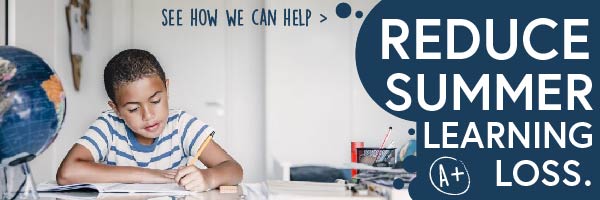
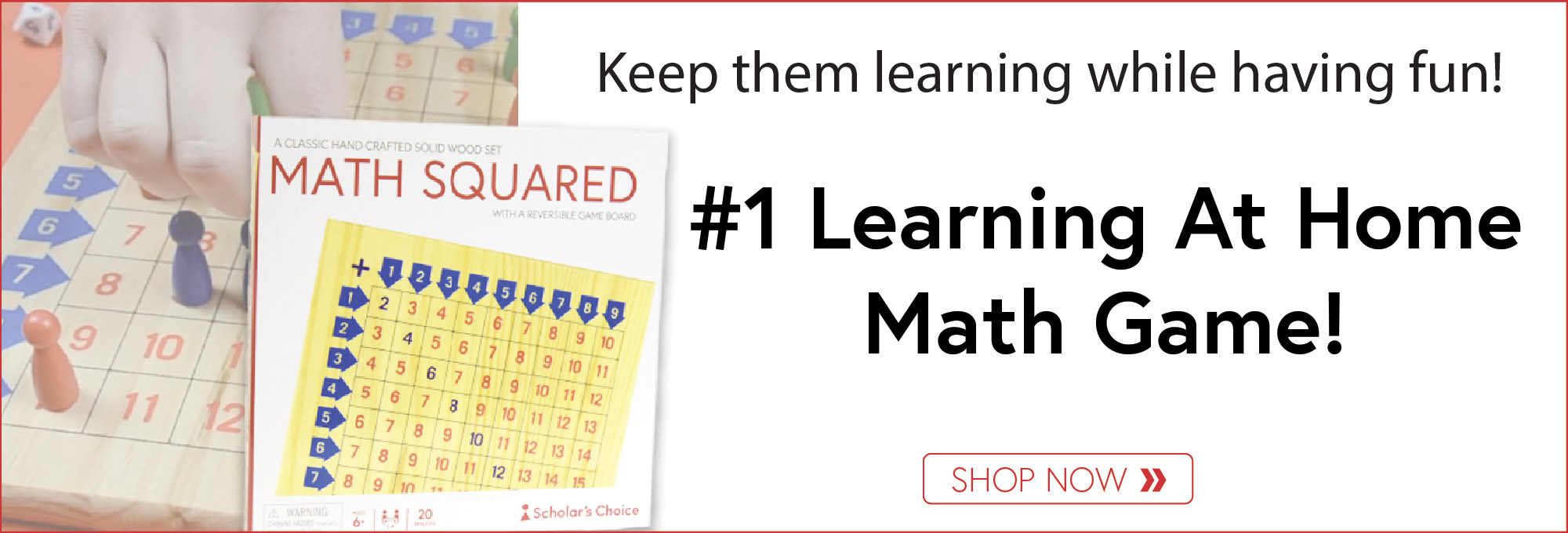
.jpg?width=1250&name=contest-v2-03%20(1).jpg)

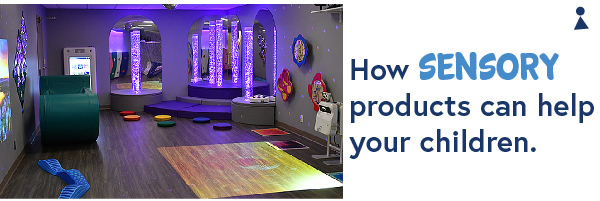

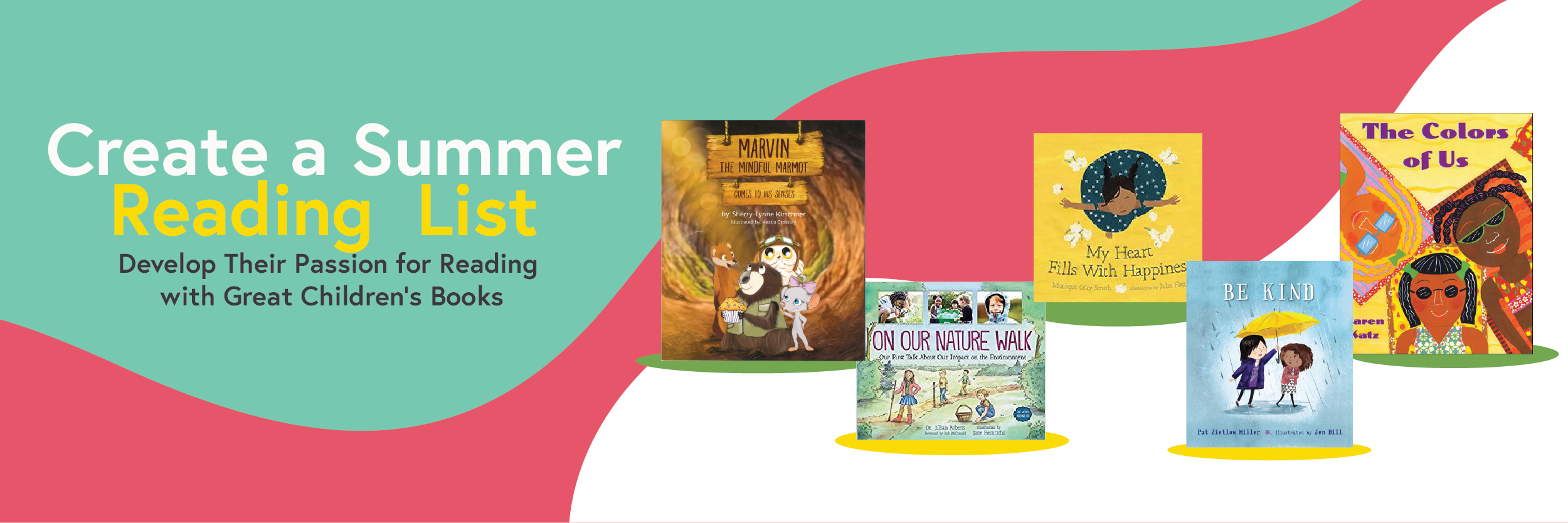
.png)
.png)